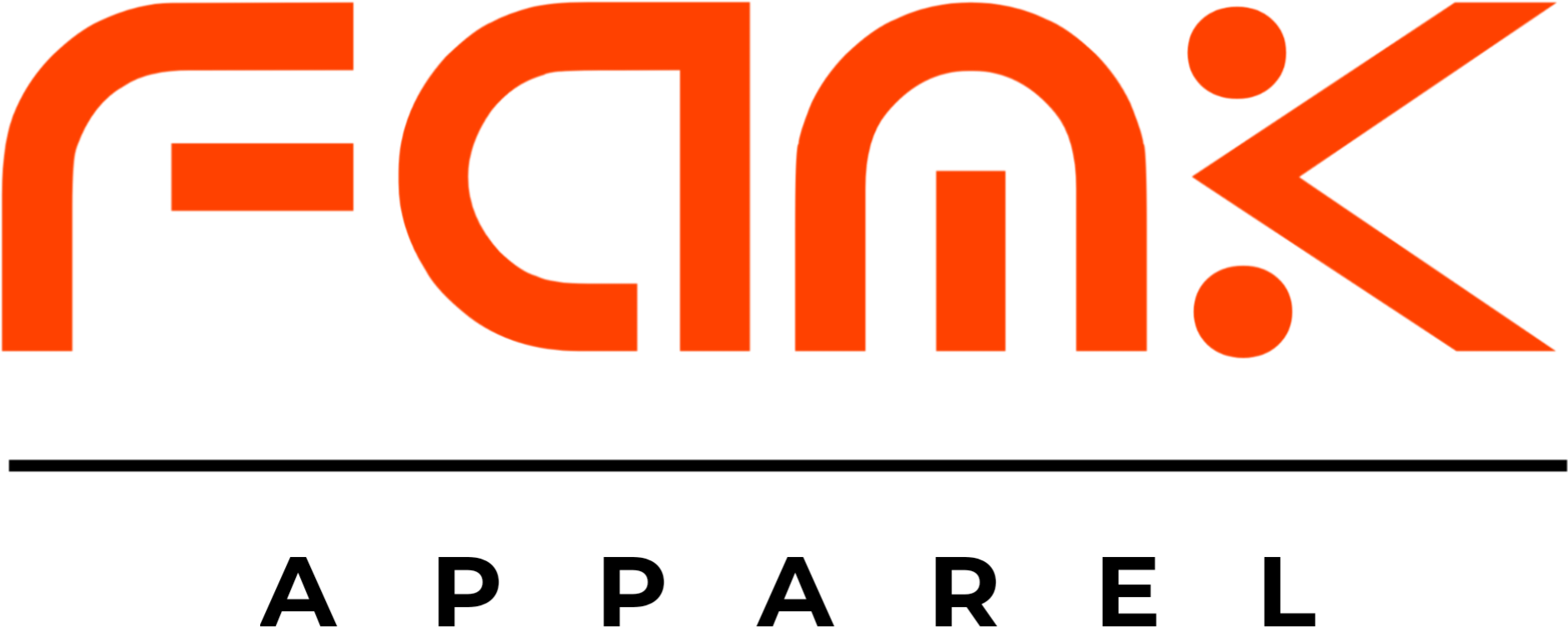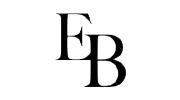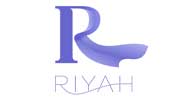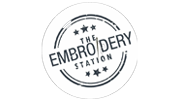Blog
The Ultimate 2025 Funding Playbook: Unlock Cash for Nigerian Tailors Without Banks
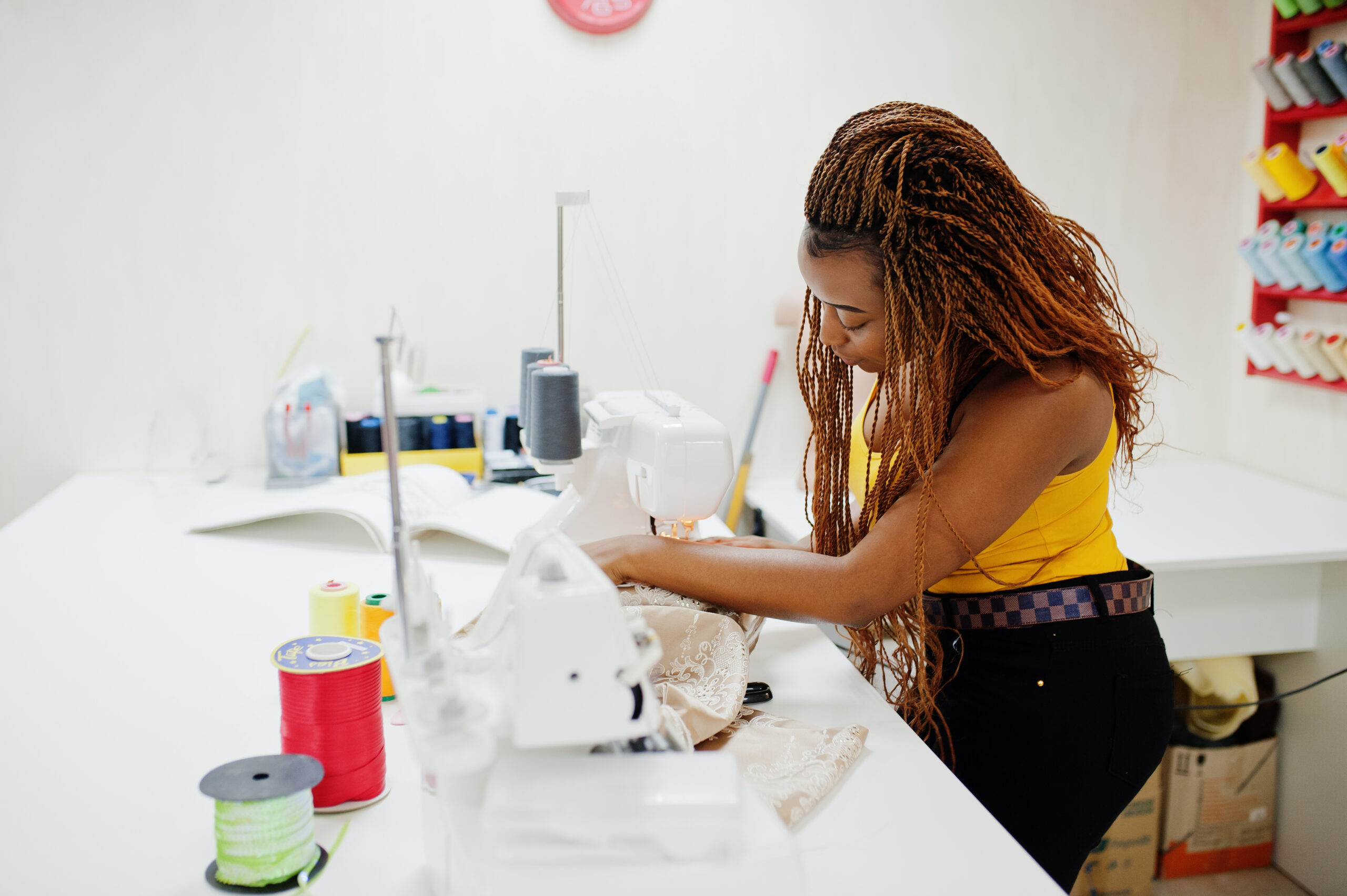
Running a tailor business in Nigeria is a grind, sourcing Ankara from Balogun, juggling owambe orders, and dreaming of that next embroidery machine. But what if a bolt of fabric or a new sewing setup were just one grant away? In 2025, with inflation at 20.12% squeezing margins, banks aren’t always the answer. High interest rates and collateral demands can trap you in debt. Enter nonbank funding: Grants and microloans designed for creators like you, offering free or low-cost cash to scale without the strings.
This ultimate 2025 funding playbook for Nigerian tailors draws from fresh opportunities, such as the Tony Elumelu Foundation (TEF) and the Creative Economy Development Fund (CEDF). We’ll break down the top options, eligibility requirements, and provide a step-by-step application guide with templates. Whether you’re a solo hustler or a small atelier, these resources can turn your vision into reality. Let’s unlock that cash.
Why NonBank Funding Is a Tailor’s Best Bet in 2025
Banks demand paperwork and repayments that are sometimes unrealistic and into your profits. Nonbank options like angel investment and grants provide seed capital without interest, which is perfect for buying machinery for your business or marketing your bespoke Agbadas. In Nigeria, creative sectors like fashion are booming, with programs targeting SMEs to combat 1.68% monthly clothing inflation. The TEF alone has empowered thousands with $5,000 seed grants and training. CEDF offers up to $100,000 in mixed funding for innovators. These aren’t loans—they’re investments in your hustle. Expect mentorship, too, helping you navigate markets like Aso Oke and luxury agbada exports. Ready to apply? Here’s the playbook.
Top 8 Funding Opportunities for Nigerian Tailors in 2025
We’ve curated the best nonbank sources, focusing on fashion and creative SMEs. Each includes amount, eligibility, and deadlines.
1. Tony Elumelu Foundation (TEF) Entrepreneurship Program
- Amount: $5,000 seed capital + training/mentorship
- Eligibility: Early-stage tailors in fashion/design; CAC-registered, innovative ideas (e.g., sustainable embroidery)
- Deadline: March 1, 2025 (apply via TEFConnect)
💡Pro Tip: Highlight community impact, like job creation for apprentices.
2. Creative Economy Development Fund (CEDF)
- Amount: Up to $100,000 (grants/loans/equity mix)
- Eligibility: Creative startups and SMEs like tailors, focus on innovation (e.g., digital monogramming)
- Deadline: The Window for 2025 is closed, look out for the 2026 announcement.
💡 Pro Tip: Emphasize global visibility, like exporting Aso Ebi designs.
3. SMEDAN Conditional Grant Scheme
- Amount: ₦50,000 nonrepayable
- Eligibility: Registered microtailors, for supplies/training
- Deadline: Q4 2025 (apply online via SMEDAN)
💡Pro Tip: Attach proof of past sales, like invoices.
4. Bank of Industry (BOI) SME Fashion Fund
- Amount: From ₦500,000 (grants/loans)
- Eligibility: Tailors in garment production; registered business
- Deadline: Ongoing (branch or online apps)
💡Pro Tip: Focus on expansion, like adding embroidery machines. BOI also has a grant scheme for SMEs owned by women.
5. Africa’s Business Heroes (ABH) Prize
- Amount: Up to $150,000 for the top 10
- Eligibility: Impact-driven tailors (e.g., ethical sourcing)
- Deadline: The application window for this year’s ABH Prize has already ended. Winners will be announced in November. Best to be on the lookout for next year’s edition.
💡Pro Tip: Showcase social good, like empowering women tailors.
6. Anzisha Prize
- Amount: Up to $50,000
- Eligibility: Anzisha prioritizes youth-led ventures
- Deadline: August 2025 (Anzisha website)
Pro Tip: Stress innovation, like tech-integrated designs.
7. LSETF Grants and Loans
- Amount: Up to ₦5 million (grants/loans)
- Eligibility: Lagos-based tailors for equipment/training
- Deadline: Ongoing (LSETF portal)
💡Pro Tip: Must be a resident in and operating a business in Lagos
8. Angel Investment
Remember those kind relatives and friends who told you to call them whenever you need any help? Well, now is the right time to ring them up and take them up on their offer. Also, if you know any VIPs or Odogwus, approach them with your detailed business plan and pitch to them. Most SMEs in Nigeria get their first funding from angel investors. You can be one of them if you make that call today.
Step-by-Step Guide: How to Apply for Funding in 2025
Securing funding takes prep, not luck. Follow this roadmap to stand out.
1. Assess Your Fit: Review eligibility—CAC registration is key for most. Bullet your needs: Equipment (N200,000), marketing (N100,000).
2. Build Your Pitch: Use this template:
- Problem: “Fabric costs up 15%; need funds for bulk buys.”
- Solution: “My sustainable embroidery line creates 5 jobs.”
- Impact: “30% revenue growth, training 10 apprentices.”
- Budget: Itemized (fabric N150,000, machine N300,000).
3. Gather Relevant Docs: CAC certificate, TIN, business plan (5 pages), portfolio (photos of garments you have made). Look out for every documentation required by the funding organisation. Ensure they are in order and ready to be presented.
4. Submit & Follow Up: Apply online and watch out for email confirmations to ensure you don’t miss out on anything.
5. Prepare for Interviews: Practice: “How will this fund scale your business?” Expect virtual panels.
Common Pitfalls to Avoid When Applying for Tailor Funding
Vague Plans: One of the most important things in crafting a great funding application or pitch is avoiding vagueness. Be as specific as possible. For example, just say “We want to grow our business.” Say this instead: “We want to buy 2 machines for a 20% output increase.“
Missing Deadlines: Many of these funding sources are already closed for the year. Keep tracking them to see when the next application window will be opened. Once you find out when the next application deadlines are, mark your calendars to avoid stories that touch. Apply early too, as early as possible. But don’t rush it, you might miss out on important details if you’re in a hurry.
No Impact Story: For Nigerian-based funding, tie to the Nigerian context. Talk about the jobs you’ve created or hope to create. Talk about its relevance to the Nigerian culture, especially if it’s government funding or a grant.
Incorrect numbers: The numbers on your business plan and pitch must always be accurate to a tee. Many SMEs, when applying for business grants and loans in Nigeria, often think they can just slam certain numbers on the business plan. No, these numbers are always checked for accuracy, and, if you proceed to the interview stage, they will be verified as well.
A Single Approach to All Grants: I just have to write one pitch and use it to apply for every grant or funding opportunity I come across, right? Well, the answer is no. Most grants and funding opportunities come with a specific set of requirements, which must be strictly adhered to. Tailor each pitch to these requirements to give your business a strong chance of emerging as the winner.
Your 2025 Funding Action Plan: Get Started Today
This ultimate 2025 funding playbook for Nigerian tailors is your roadmap to cash without banks. Whether it is TEF’s $5,000 seeds or CEDF’s big bets, these options are tailored for your grind. Start with one: Download our free pitch template and apply to start applying. Track everything in a spreadsheet, and don’t let deadlines sneak up on you. Apply for as many funding opportunities as possible. If you get rejected, recharge and go to work on your business plan/pitch, then try again. Your business’ next chapter starts with that first submission.
Which funding source excites you most?
